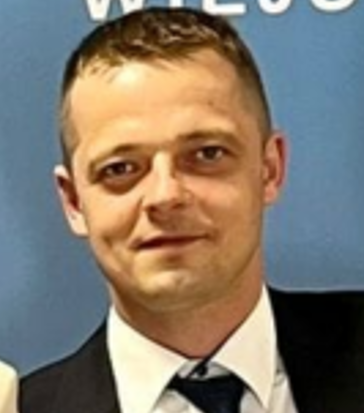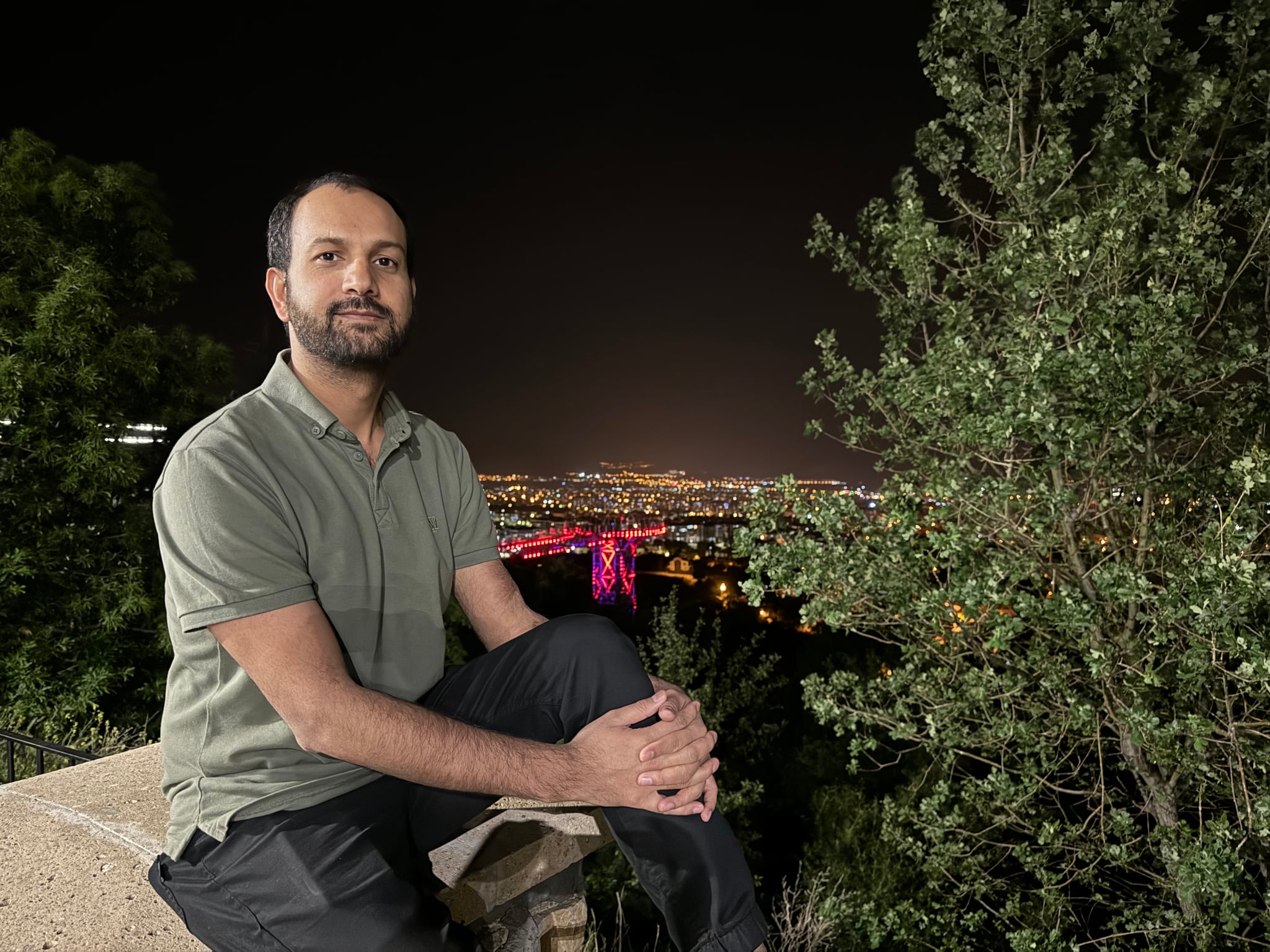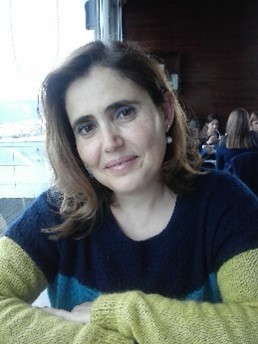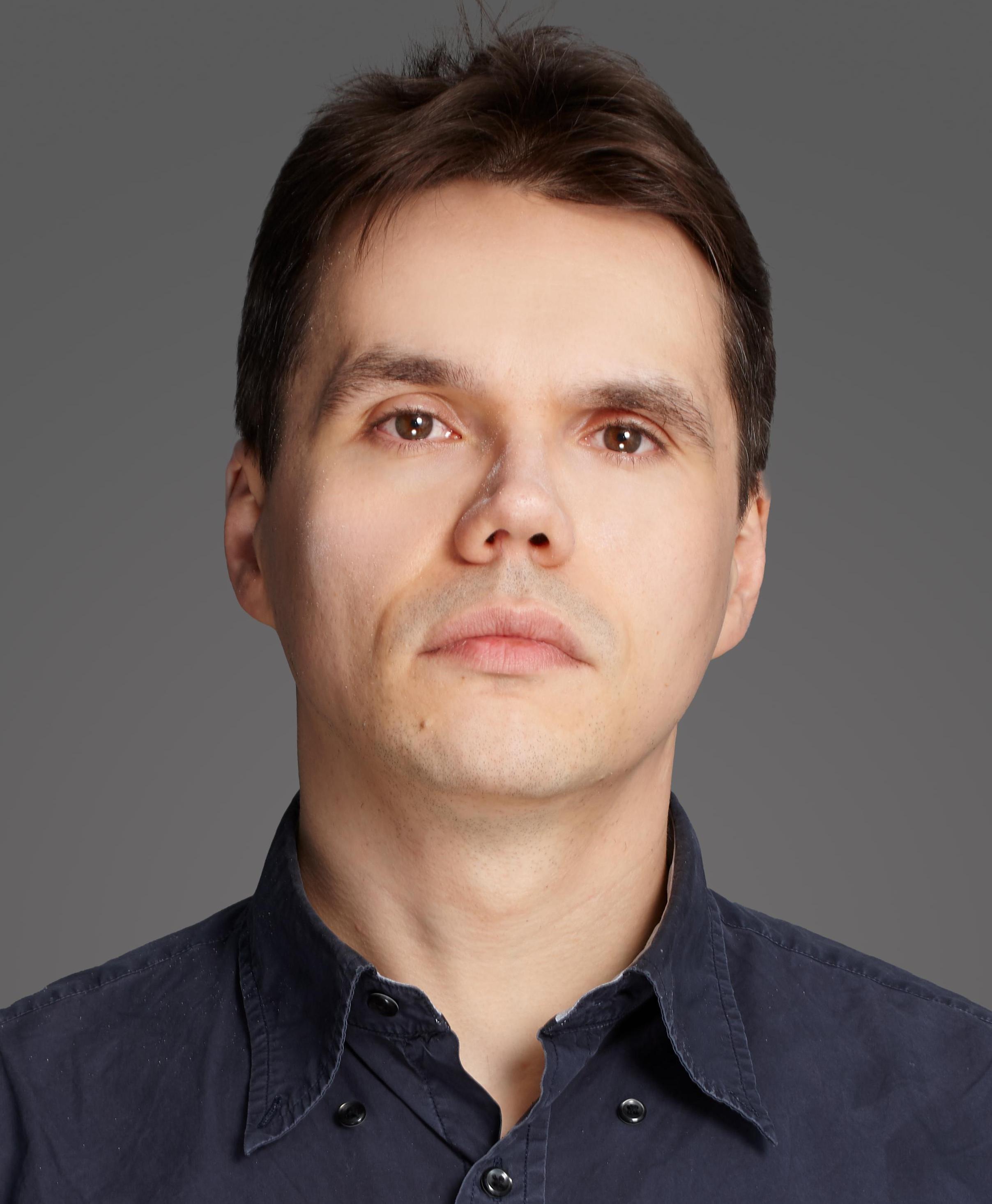
Honorary guests - lectures
- UP
- VII International Symposium of Student Scientific Clubs
- ISSSC – Honorary guests
UNDER CONSTRUCTION
Section of Veterinary Medicine
UNDER CONSTRUCTION
Section of Animal Sciences and Bioeconomy
Sekcja Nauk o Zwierzętach i Biogospodarki
Wykład pt: “Ewolucyjna zmienność budowy jaj ptaków w odpowiedzi na różne warunki mikroklimatyczne terenów lęgowych”– dr hab. Krzysztof Damaziak prof. SGGW, Szkoła Główna Gospodarstwa Wiejskiego w Warszawie
 Dr hab. Krzysztof Damaziak, prof. SGGW
Dr hab. Krzysztof Damaziak, prof. SGGW
Dr hab. Krzysztof Damaziak, prof. SGGW, pracuje w Instytucie Nauk o Zwierzętach, Katedrze Hodowli i Żywienia Zwierząt Szkoły Głównej Gospodarstwa Wiejskiego w Warszawie. W 2011 roku uzyskał stopień inżyniera zootechniki na podstawie obronionej pracy „Pochodzenie i biologia rozrodu indyków”, a w 2011 roku stopień magistra inżyniera broniąc pracy pod tytułem „Wyniki odchowu indyków pochodzących z dwóch różnych grup genetycznych utrzymywanych w warunkach chowu półintensywnego”. Stopień doktora uzyskał w 2016 roku broniąc rozprawy zatytułowanej „Wpływ pochodzenia indyków na wzrost, wyniki produkcyjne i jakość mięsa”. Stopień doktora habilitowanego uzyskał w 2021 roku na podstawie wyróżnionej rozprawy pt. „ Zmienność gatunkowa struktury i składu białkowego błony witelinowej oraz wpływ czynników środowiskowych na jej wytrzymałość u kury domowej”.
Przez cały okres pracy zawodowej zainteresowania doktora skupiają się wokół produkcji drobiarskiej ze szczególnym uwzględnieniem czynników wpływających na efektywność rozrodu ptaków i jakość jaj wylęgowych oraz spożywczych. Jego zainteresowania wykraczają poza tematy związane z ptakami użytkowymi i obejmują również zagadnienia ornitologiczne związane z badaniami nad zmiennością budowy jaj różnych grup systematycznych ptaków dzikich. Aktywny członek PB WPSA oraz PTZ. Obecnie kierownik zadania „Wdrożenie i walidacja nowych fermentowanych produktów paszowych dla drobiu” w ramach projektu Horyzont Europa „Mikrobiomy w systemach produkcji żywności, 101084344 – (WHEATBIOME)”.
Lecture: “Breast myopathies in broiler chickens: causes, reduction strategies, and the way forward”– Umair Ahsan, PhD, Burdur Mehmet Akif Ersoy University
 Dr. Umair Ahsan
Dr. Umair Ahsan
Dr. Umair Ahsan is working as Associate Professor at the Department of Plant and Animal Production, School of Food, Agriculture and Livestock, Burdur Mehmet Akif Ersoy University, Türkiye. He is a veterinarian, born to a family with background of poultry farming in Pakistan, graduated with gold medal distinction in 2013 from Faculty of Veterinary and Animal Sciences, The Islamia University of Bahawalpur, Pakistan. In 2014, he received the fellowship from the prestigious Scientific and Technological Research Council of Türkiye (TÜBİTAK) and moved to Aydın Adnan Menderes University, Türkiye to pursue his graduate studies in Animal Nutrition and Nutritional Diseases. He completed his masters in July 2016 and doctorate in August 2020. He has mostly worked on poultry nutrition with special emphasis on alternatives to antibiotic growth promoters, footpad dermatitis, and white striping (breast myopathy) in broiler chickens.
In January 2021, he was employed by Burdur Mehmet Akif Ersoy University as an Assistant Professor of Animal Nutrition and promoted to Associate Professor by the Higher Education Council of Türkiye in January 2024. He has contributed to several scientific publications, and completed national and international projects. Most of his work after his doctorate has focused on the discovery of new pathways in the pathogenesis of breast myopathies and ochratoxicosis as well as nutritional interventions to prevent these pathologies. He is married and is father of a beautiful dauther!
Section of Horticulture and Landscape Architecture
UNDER CONSTRUCTION
Section of Production Engineering
LECTURE
“AI as a ‘Scientific Collaborator’: How Machine Learning is Transforming Research?”
Spaker:
Marcin Rzadeczka, Ph.D., is a researcher specializing in AI in mental health and computational psychiatry, with a strong interdisciplinary background spanning cognitive science, evolutionary psychopathology, and AI ethics. His work explores the compensation perspective on neurodiversity, particularly in autism and schizophrenia spectrum disorders, integrating evolutionary-computational models of cognitive biases. He has presented his research at several international conferences, including the Computational Psychiatry Conference at Trinity College Dublin and AI for Mental Health at the University of Oxford. He conducted a research stay at Centrum Wiskunde & Informatica (CWI) in Amsterdam, where he collaborated with the Human-Centered Data Analytics (HCDA) group. His postdoctoral research at IDEAS NCBR (Psychiatry and Computational Phenomenology research group) focused on human-LLM interactions in mental health applications, cognitive biases, and epistemic humility for neurodiverse-friendly AI. He has published his work in several international journals, such as JMIR Mental Health, Psychopathology, Frontiers in Public Health, Frontiers in Psychiatry, and Community Mental Health.
Section of Food Sciences and Biotechnology
LECTURE
“Bio-deacetification and Bio-dealcoholization of Wines: The Magic of Yeasts in Improving Wine Quality.”
 Alice Maria CorreiaVilela
Alice Maria CorreiaVilela
Chemistry Research Centre (CQ-VR), Department of Agronomy (DAgro), School of Agrarian and Veterinary Sciences (ECAV), University of Trás-os-Montes e Alto Douro, Quinta dos Prados, 5000-801 Vila Real, Portugal; avimoura@utad.pt
Alice Vilela holds a BSc in Enology, a Master’s in Genetics, and a Ph.D. in Microbiology from the University of Trás-os-Montes and Alto Douro (UTAD). She is an Assistant Professor at UTAD and has published 85 articles in international scientific journals, 14 technical papers, 24 book chapters, and over 100 publications in conference proceedings. Vilela has supervised Ph.D. and master’s theses and oversaw undergraduate capstone projects in Enological Sciences and Biological Sciences. Her research focuses on the bio-reduction of volatile acidity in wines, wine bio-dealcoholization, wine microbiology, the sensory evaluation of food and wine, and the development of sensory tests.
She actively reviews for several journals, including Food Research International, the Journal of the Science of Food and Agriculture, Food Chemistry, the Journal of Gastronomy and Food Science, and various MDPI Journals (Foods, Fermentation, Beverages, Molecules, and the International Journal of Molecular Sciences and Materials). Additionally, she serves as an Academic Editor and is a member of the Editorial Board for several SCI journals.
In 2021-2024, Stanford University, USA, recognized her as being among the top 2% of scientists worldwide.
Section of Environmental Biology
UNDER CONSTRUCTION
University of Life Sciences in Lublin
13 Akademicka Street, 20-950 Lublin
VATIN 712 010 37 75
REGON no. 000001896
ePUAP: /UP-Lublin/SkrytkaESP


